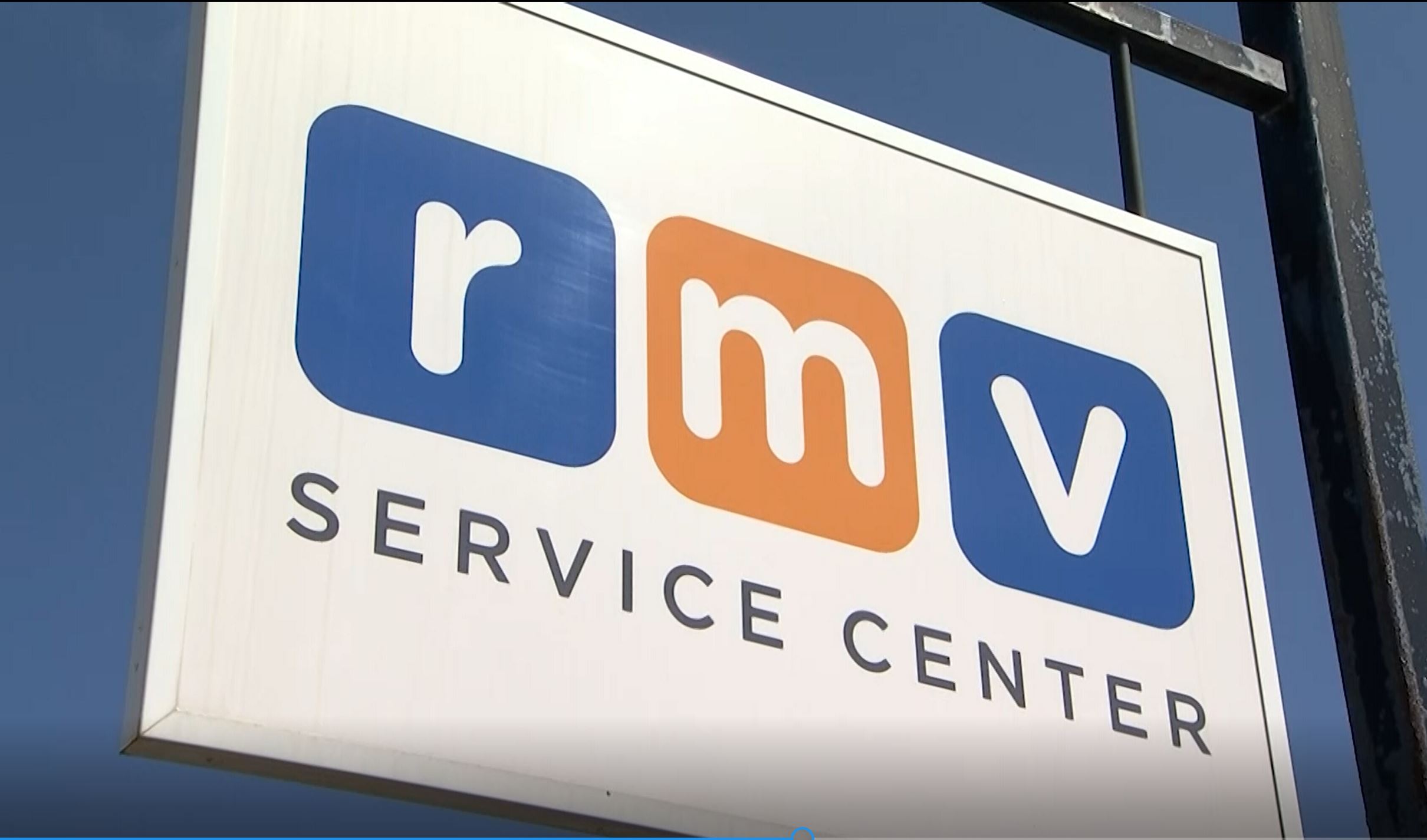
Democrats who have been negotiating separate health care industry oversight and pharmaceutical drug reform bills for months announced Friday night that they resolved their differences and plan to put the bills up for votes next week in the final days of the two-year term.
Rep. John Lawn of Watertown and Sen. Cindy Friedman of Arlington said the bills — S 2520 / H 4910 relative to pharmaceutical access, costs and transparency, and H 4653 / S 2881 enhancing the market review process — represent the Legislature's response to the ongoing fallout from the collapse of Steward Health Care and the ever-increasing health care costs consumers face.
"Together, these two conference committee reports ensure that patients will pay less for medication by limiting out-of-pocket costs for essential prescription drugs, promote affordability of health insurance premiums for consumers, regulate pharmacy benefit managers, and strengthen state oversight by increasing market transparency and bringing key health care industry players to the table to better understand what is driving costs," they said. "We thank the members of the conference committee for their work on these very complex pieces of legislation over the past few months, and look forward to presenting the conference reports to the full Senate and House for acceptance before the end of the legislative session next week."
Get top local stories in Boston delivered to you every morning. Sign up for NBC Boston's News Headlines newsletter.
There are only two possible days left for House Speaker Ronald Mariano and Senate President Karen Spilka to pass the bills through their chambers. Tuesday is the final day of the 193rd General Court and the new two-year lawmaking term begins Wednesday, Jan. 1. Lawn and Friedman did not provide details of their agreements or indicate which day the accords would surface for votes, though Mariano's office advised representatives of a "potential full formal" session for Tuesday.
The pharmaceutical drug legislation (S 3012) will start in the Senate and the health care market oversight bill will come up first in the House. The conference reports cannot be amended.
The Senate passed its prescription drugs bill 39-0 in November 2023 and the House passed its version 158-0 in July. The House passed the hospital oversight bill 152-1 in May and the Senate followed with its own 38-2 vote in July. The branches had been unable to come to resolution on either bill since talks started in late July.
Mariano, who has been a central player in health care reforms during his time in the Legislature, said the conference reports filed Friday night show "the Legislature's enduring commitment" to addressing health care concerns of residents and the industry.
"These bills are the culmination of a historic legislative session that will include agreements on five separate health care bills, marking a critical step forward in the ongoing effort to ensure that every Massachusetts resident has access to quality, affordable health care services," he said in a statement.
Spilka said she is proud "that the conference report on prescription drugs will save thousands of dollars for residents, especially those living with chronic conditions" and suggested the so-called Steward response bill will not be the Legislature's last word on the subject.
"Additionally, the entry of private equity into the health care space has had profound and lasting effects on providers' ability to deliver care, and we are still trying to understand its full impact. While it is vital that we continue to study those effects and take action in the future to further mitigate them, the market oversight bill begins to address the damaging role of private equity and put important initial guardrails in place to attempt to prevent another crisis like the one faced by Steward," Spilka said.



